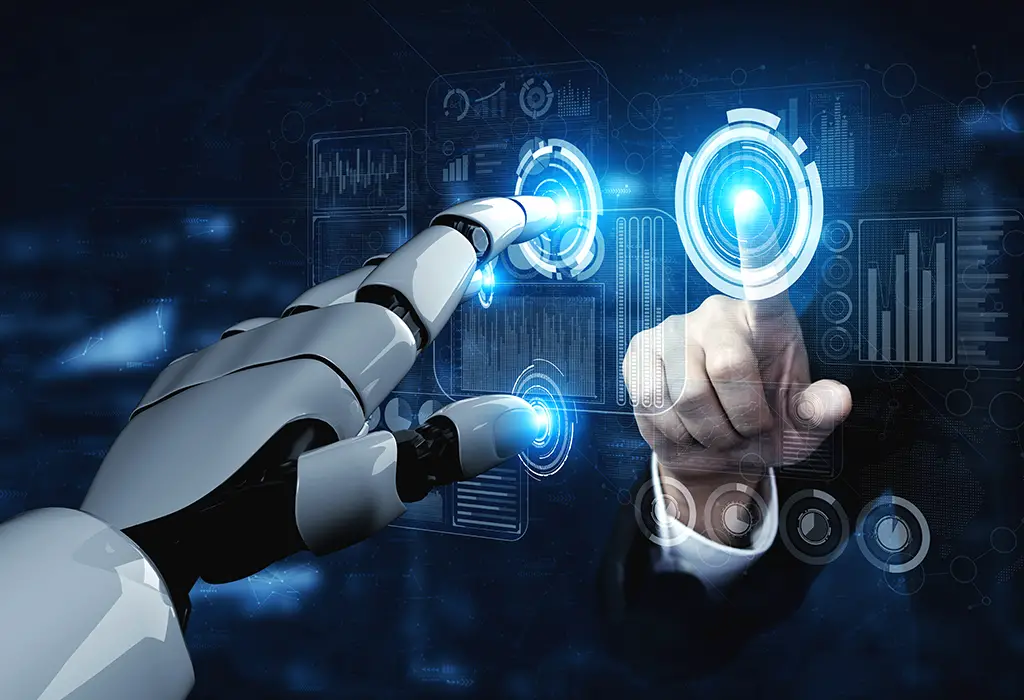Entering a Ph.D. program is a significant academic milestone that demands rigorous preparation and dedication. For aspiring Ph.D. candidates, the journey often begins with the daunting Ph.D. entrance examinations. However, in today’s digital age, the landscape of Ph.D. entrance prep is undergoing a profound transformation, thanks to the integration of artificial intelligence (AI) and technology-driven adaptive learning systems. In this article, we explore in-depth how AI and technology are reshaping Ph.D. entrance preparation, making it more personalized, efficient, and accessible while addressing the evolving needs of prospective researchers. Ensure you’re well-prepared for the challenges of the Ph.D. entrance exam coming up in 2023.
The Traditional Challenges of Ph.D. Entrance Preparation
Traditionally, preparing for Ph.D. entrance examinations posed several formidable challenges:
One-Size-Fits-All Approach: Conventional study materials and coaching classes often adopted a generic approach, not accounting for the unique strengths and weaknesses of individual candidates.
Time-Consuming: Preparing for entrance exams was often a prolonged and time-intensive process, requiring candidates to invest months or even years in the endeavor.
Limited Access to Expert Guidance: Candidates in remote areas or with limited resources had restricted access to experienced instructors and high-quality study materials.
Motivation and Engagement: Maintaining motivation and sustained engagement throughout the lengthy preparation phase was a common struggle for many aspirants.
Enter Adaptive Learning Powered by AI
Adaptive learning, underpinned by AI and technology, offers innovative solutions to these challenges. Here’s a comprehensive look at how it’s revolutionizing Ph.D. entrance preparation:
1. Personalized Learning Paths
AI-driven platforms have brought personalization to the forefront of Ph.D. entrance preparation. These systems meticulously analyze a student’s strengths and weaknesses through diagnostic assessments. Based on the results, personalized learning paths are crafted. This ensures that students focus their efforts on areas where improvement is needed the most, optimizing their study time and resource utilization.
2. Continuous Assessment and Feedback
Adaptive learning systems provide a continuous and dynamic assessment process through quizzes, tests, assignments, and interactive exercises. Students receive instant, granular feedback on their performance, allowing them to track their progress in real time. This feedback loop empowers students to make informed decisions and fine-tune their study plan as they advance.
3. Efficiency and Time Savings
With personalized learning paths and targeted resources, students can achieve proficiency in less time compared to traditional methods. Adaptive learning identifies and fills knowledge gaps efficiently, reducing redundancy and unnecessary repetition. This efficiency is particularly valuable for working professionals seeking to balance their careers with Ph.D. preparation.
4. Accessibility Beyond Boundaries
Technology-driven platforms have broken geographical barriers. Candidates from remote areas or those unable to attend physical coaching classes can now access top-notch resources online. This democratization of education has expanded opportunities for aspirants worldwide.
5. Engaging Learning Experiences
Adaptive learning doesn’t stop at customization; it also offers engaging and interactive learning experiences. Multimedia resources, gamification elements, and real-world simulations enhance engagement. Learning becomes more enjoyable, motivating students to stay committed to their preparation journey.
6. Adaptive Practice Tests
AI-powered practice tests are not static but adapt to students’ evolving skills. These tests mimic the real Ph.D. entrance examinations, adjusting in difficulty based on individual performance. This ensures that students are well-prepared for the actual exam’s complexity, reducing test-day anxiety.
7. Detailed Analytics for Informed Decision-Making
Candidates can access detailed analytics that illuminate their performance trends, areas of strength, and areas that need more attention. This data-driven approach enables students to refine their study strategy, set realistic goals, and focus on areas that require further development.
The Future of Ph.D. Entrance Preparation
As AI and technology continue to evolve, the future of Ph.D. entrance preparation holds exciting possibilities:
Advanced AI Tutors: AI-powered virtual tutors will offer real-time assistance and adapt to individual learning styles, providing personalized guidance akin to having a personal academic mentor.
Enhanced Immersive Experiences: Virtual reality (VR) and augmented reality (AR) will create immersive learning environments for complex subjects, making abstract concepts more tangible and accessible.
Global Collaboration: Students worldwide will seamlessly collaborate on AI-facilitated platforms, enriching their learning experience through diverse perspectives and global insights.
Ethical AI: AI will play a more prominent role in addressing ethical considerations in research, a crucial aspect of Ph.D. programs, by identifying and mitigating potential ethical dilemmas.
Your path to doctoral studies begins with a successful performance in the Ph.D. entrance exam in 2023.
In conclusion,
The fusion of AI and technology with Ph.D. entrance preparation is reshaping how candidates prepare for these demanding exams. Adaptive learning systems provide personalized, efficient, and engaging experiences, ultimately increasing the chances of success and widening access to Ph.D. programs. As these technologies continue to evolve, the future promises even more innovative approaches to academic preparation, revolutionizing the way we educate and train the researchers and scholars of tomorrow. It’s a transformative journey where technology doesn’t just augment education; it redefines the entire learning experience
Mastering the Art of SEO: A Comprehensive Guide for Guest Bloggers
The Evolution of Smart Homes: Enhancing Convenience and Efficiency





